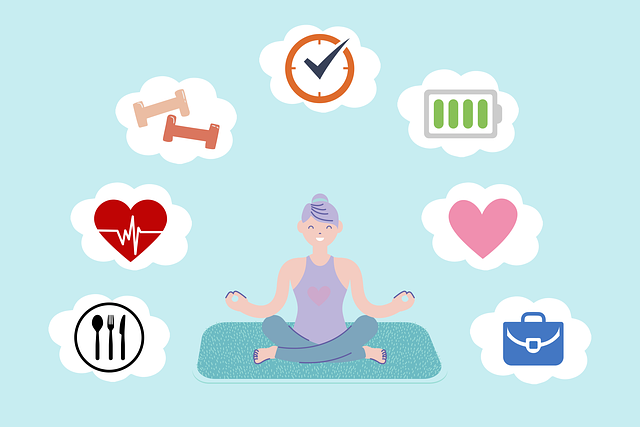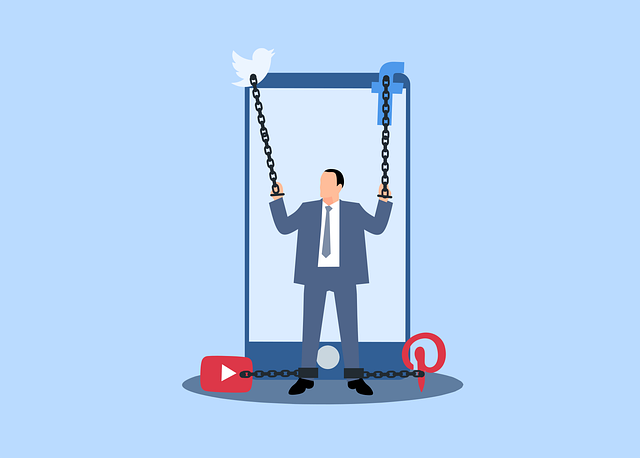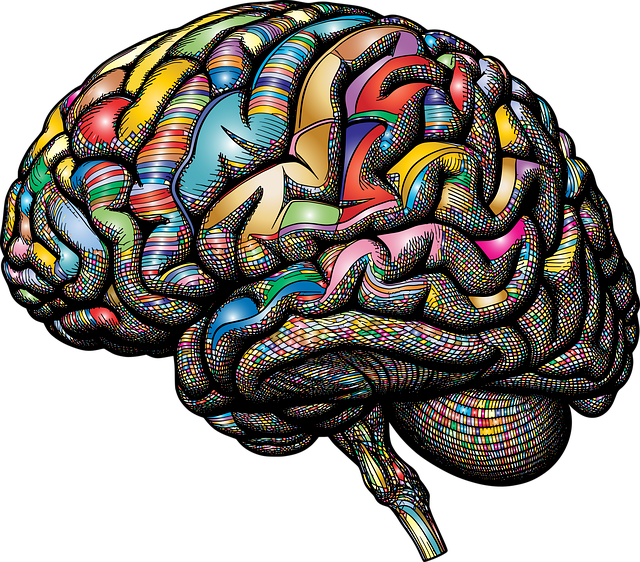Littleton Crisis Counseling Therapy (LCT) prioritizes Emotional Intelligence (EI) as a key component of mental wellness, offering specialized programs to develop and enhance EI. Their unique Crisis Intervention Guidance sessions teach conflict resolution skills and encourage self-awareness through emotion exploration. LCT's Mental Wellness Podcast Series complements their holistic approach, making resources accessible for personal growth. They emphasize the importance of continuous learning in EQ development through mindfulness exercises, compassion cultivation, and self-reflection, ultimately improving crisis management and mental health outcomes.
Emotional intelligence (EQ) is a powerful tool for personal growth, as evidenced by the ongoing dialogue sparked by the Littleton Crisis Counseling Therapy perspective. This article explores why cultivating EQ matters and provides practical strategies from the experts at Littleton Crisis Counseling. Learn how to integrate emotional intelligence into your daily life, enhancing relationships, managing stress, and fostering resilience through proven techniques backed by crisis counseling expertise.
- Understanding Emotional Intelligence: The Littleton Crisis Counseling Perspective
- Why Building Emotional Intelligence Matters for Personal Growth
- Practical Strategies and Techniques to Enhance Your EQ
- Integrating Emotional Intelligence into Daily Life: Tips from Crisis Counselors
Understanding Emotional Intelligence: The Littleton Crisis Counseling Perspective

Emotional intelligence (EI) is a crucial aspect of overall mental wellness, and it’s here that Littleton Crisis Counseling Therapy steps in to offer valuable guidance. At its core, EI involves recognizing, understanding, and managing one’s own emotions as well as being able to empathize with and influence the emotions of others. This perspective, deeply rooted in crisis intervention techniques, is instrumental in helping individuals navigate challenging situations effectively.
Littleton Crisis Counseling Therapy provides a holistic approach to emotional intelligence building through its unique Crisis Intervention Guidance programs. These sessions delve into conflict resolution techniques, equipping participants with tools to handle interpersonal conflicts and stressful events. Moreover, the therapy focuses on fostering self-awareness, encouraging clients to explore their emotions and understand how they impact their thoughts and behaviors. This process is enhanced through the Mental Wellness Podcast Series Production, which offers accessible resources for continuous learning and personal growth.
Why Building Emotional Intelligence Matters for Personal Growth

Emotional intelligence (EI) is a vital component for personal growth and well-being. It empowers individuals to understand and manage their own emotions effectively, fostering self-awareness and resilience. This ability to recognize and regulate feelings becomes especially crucial in navigating life’s challenges, as demonstrated by Littleton Crisis Counseling Therapy services that often see clients seeking support for emotional struggles.
By cultivating EI, individuals can improve their mental wellness and relationships. It enables better communication strategies, allowing people to empathize with others, build stronger connections, and resolve conflicts constructively. Compassion cultivation practices, a key aspect of EI development, have been shown to reduce stress and promote positive interactions. This personal growth is essential for overall well-being and can be nurtured through various techniques, ensuring individuals are better equipped to handle life’s complexities.
Practical Strategies and Techniques to Enhance Your EQ

Building emotional intelligence (EQ) is a continuous journey that involves mindful practices and techniques. At Littleton Crisis Counseling Therapy, we emphasize practical strategies to enhance your EQ, fostering better relationships and improved mental well-being. One effective approach is cultivating compassion, which can be developed through mindfulness exercises and meditation, as highlighted in our Compassion Cultivation Practices program. These practices not only reduce stress but also increase empathy and understanding towards oneself and others.
Additionally, regular self-reflection and feedback from trusted peers or mentors play a crucial role in EQ development. Mental Health Policy Analysis and Advocacy offers valuable insights into the broader context of emotional intelligence, encouraging professionals to navigate complex situations with enhanced EQ. Incorporating these strategies into daily routines can significantly contribute to personal growth, making it easier to manage crises and promote positive mental health outcomes.
Integrating Emotional Intelligence into Daily Life: Tips from Crisis Counselors

Integrating emotional intelligence into daily life is a crucial aspect of overall well-being, and crisis counselors in Littleton have some valuable insights to share on this subject. These professionals often encounter individuals facing various challenges, which gives them a unique perspective on effective emotional management strategies. By applying their expertise, they suggest several practical tips for enhancing emotional intelligence (EI) in everyday scenarios.
One key recommendation is to foster self-awareness, encouraging individuals to recognize and understand their emotions. This can be achieved through journaling or simply taking moments of silence to reflect. Additionally, crisis counselors emphasize the importance of empathy building strategies, such as active listening, which strengthens connections with others and promotes better communication. They also suggest adopting stress management techniques learned during Littleton Crisis Counseling Therapy sessions, like deep breathing exercises or mindfulness practices, to navigate life’s challenges more calmly.
Emotional intelligence, as understood through the lens of Littleton Crisis Counseling Therapy, is a powerful tool for personal growth and well-being. By integrating practical strategies and techniques discussed in this article, individuals can enhance their EQ, fostering better self-awareness, empathy, and effective communication. As crisis counselors emphasize, applying these insights into daily life paves the way for more meaningful connections and improved mental health. Embracing emotional intelligence is a transformative journey that can revolutionize how we navigate relationships and challenges, making it an essential component of holistic personal development.








